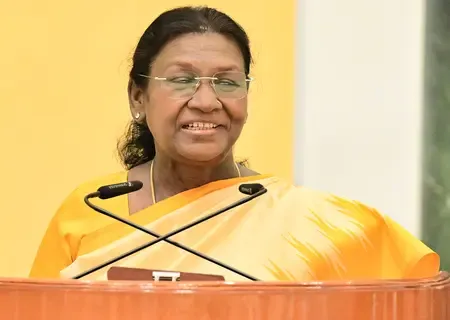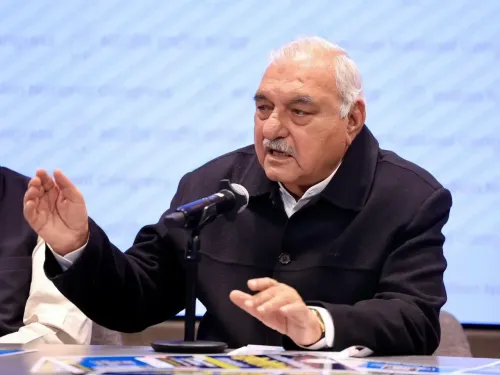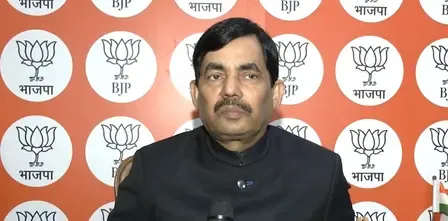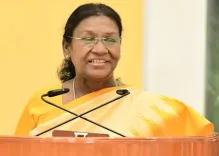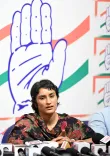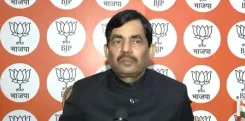How is India Advocating for Stronger South-South Connections in Critical Minerals and Fertilizers?
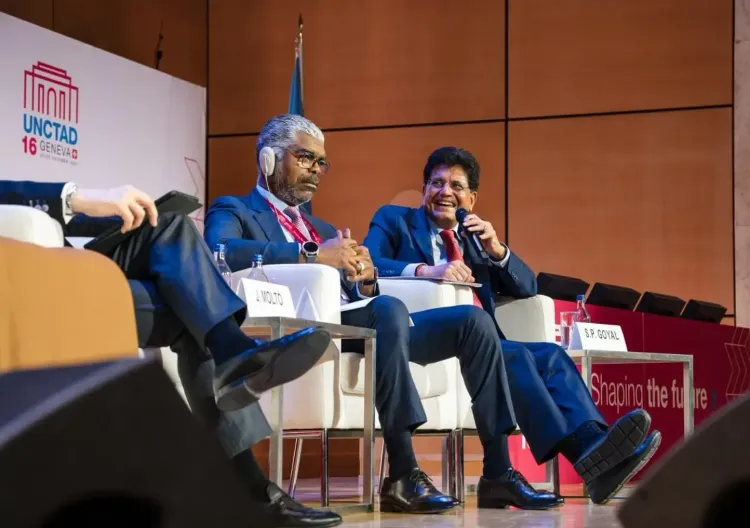
Synopsis
Key Takeaways
- Emphasis on South-South collaboration for critical minerals and fertilizers.
- Recognition of China's dominance in rare earth elements.
- Highlighting the need for a unified approach among developing nations.
- India's commitment to sustainability and climate change efforts.
- Importance of UNCTAD in facilitating equitable economic transformation.
Geneva, Oct 22 (NationPress) Commerce Minister Piyush Goyal emphasized the urgent need for enhanced South-South collaboration in accessing critical minerals, fertilizers, and managing supply chains during his speech at the 16th session of the United Nations Conference on Trade and Development (UNCTAD). He stated, "We believe that transforming global South-South cooperation into tangible actions can yield genuine and lasting solutions to pressing issues like the critical minerals dilemma and the inadequate supply of fertilizers that numerous nations are grappling with."
This statement comes in light of China's dominance over rare earth elements essential for the production of electric vehicles, mobile devices, electronics, and defense equipment. The communist nation has enacted restrictions on the supply of these vital components, causing global supply chains to be disrupted.
Goyal also pointed out significant global challenges that undermine confidence in multilateral institutions and the established rules-based trading system. These challenges include non-market practices, tariff and non-tariff obstacles, and the excessive concentration of supply chains on both the supply and demand fronts.
Additional hurdles include the erosion of special and differential treatment, unilateral environmental regulations, and a technological divide characterized by restrictive controls. The services sector has been adversely affected by such policies, with developing nations bearing the brunt of these issues. He stressed the necessity for the Global South to adopt a unified stance.
Goyal articulated India’s aspiration for a rules-based multilateral system that promotes mutual prosperity, resilience, and inclusive growth across all nations. He highlighted India's role as a reliable partner, recognized by both developing and developed nations for its independent policies, growth trajectory, and commitment to advancement. He asserted that UNCTAD can play a pivotal role in leveraging trade for equitable, inclusive, and sustainable development, as he pledged support for developing countries in technology, collaboration, and the establishment of resilient supply chains.
He emphasized India's leadership in sustainability, noting that half of its installed power capacity is derived from renewable sources. Currently, clean energy capacity stands at 250 GW, with a target of 500 GW by 2030. India is proactively addressing climate change impacts and contributes merely 3.5% to global emissions while housing 17% of the world's population. He pointed out that developed nations have not met their commitments under the Paris Agreement, particularly in providing $100 billion for low-cost, long-term financing and technology transfers. He dismissed the notion of burden-shifting or environmental trade barriers.
Highlighting a focused approach to sustainable development, he asserted the importance of tailored, actionable solutions. Key global initiatives include the Coalition for Disaster Resilient Infrastructure, the International Solar Alliance, and the Global Biofuels Alliance, aimed at fostering partnerships.
During the conference, Goyal engaged in a bilateral meeting with the European Commission for Clean, Just and Competitive Transition's Executive Vice President, Teresa Ribera Rodriguez. They discussed the implications of the Carbon Border Adjustment Mechanism (CBAM) on Indian exports, notably in the steel sector, ensuring that the clean transition does not lead to dependencies.
In discussions with UNCTAD Secretary General Rebecca Grynspan, the focus was on enhancing UNCTAD's role in facilitating equitable economic transformation, addressing the shortcomings in fulfilling Paris Agreement commitments by developed nations, unjustified unilateral measures, and advancing South-South cooperation.


